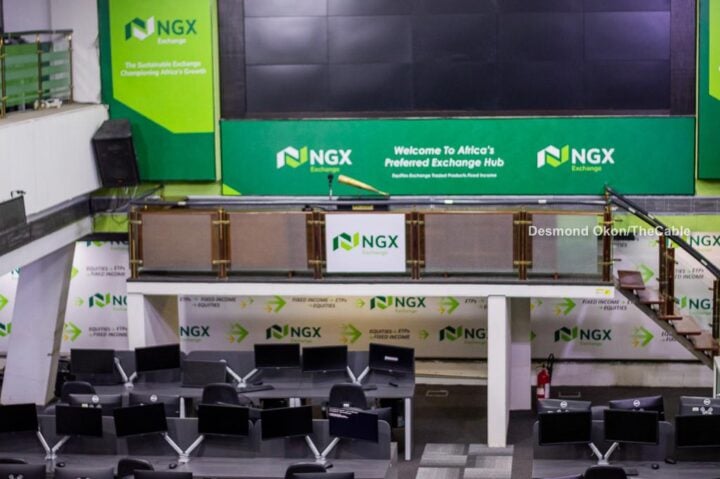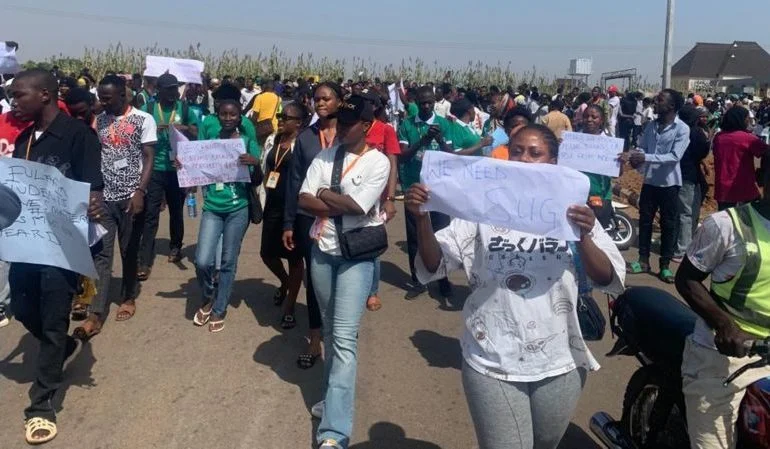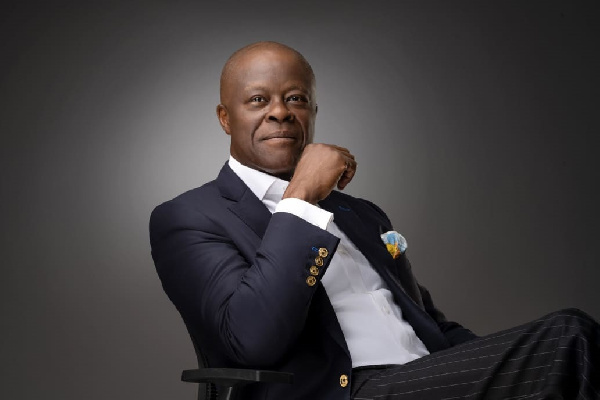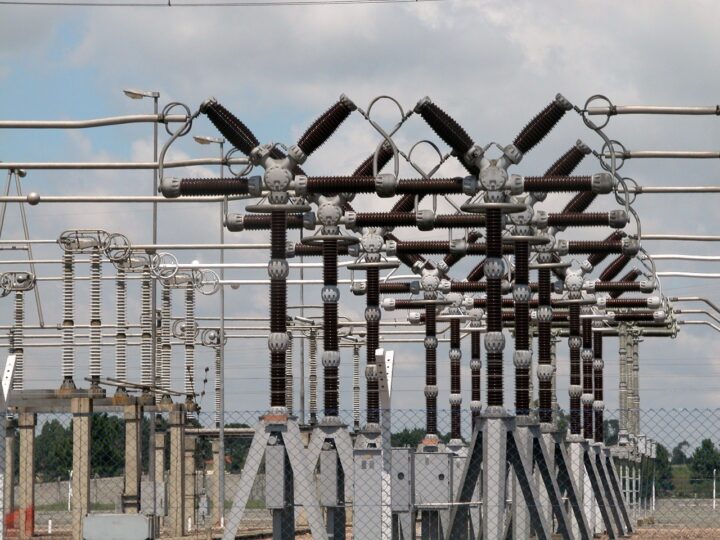Rain is a blessing but not the kind of rain that used to fall in Lagos causing flood and carrying people’s wives away. The impending rain that will come will most likely flood the NGX leading to weeping and sighing even as we continue to celebrate the ASI climb into uncharted territories.
As of close of business on Friday, it had crossed the 100,000 mark closing at 102,401.88 leading capital market illiterate Bayo Ononuga looking for anything to bolster the credentials of the government latching unto it to gloat as to how government policies were driving very succinctly the stock market to record phenomenal heights
It is performances like these that made my highly revered senior Segun Adeniyi refer to it as the ‘stockfish market’. A market that does not in any way reflect the ongoing economic realities.
They told us as rookie stockbrokers that the market is a barometer to gauge macroeconomic performance but this one is a barometer for itself. It is just measuring its performance without even seeing what is happening outside its building.
Advertisement
The stock market is just dancing to its tune and running wild with very spurious results that have blinded those who profiteer on it to the inevitable crash that should happen in a matter of weeks.
I woke up the other day to the results posted by Guinness, the brewery giant if we can still call them that. N5 billion loss for the year ended December 2023 due to forex challenges.
On the same day, the ASI moved northwards. This one is like a car that the fuel gauge don spoil, I swear. When the tank is empty and the thing is still showing you a full tank.
Advertisement
The fear and rightly so is that by March when first quarter results would be released, there will be blood on the dance floor as shareholders will weep more than the children of Israel in the wilderness and guess what, the ASI will still go up.
Do you know why, it’s very simple. Just take a look at the stocks that have crossed the trillion Naira capitalisation and you will notice something in common.
Let’s list them mbok, Dangote, BUA Foods, BUA Cement, Airtel Africa, MTN, Seplat, Transcorp, Geregu, Zenith GTB, UBA and Access, you will notice something.
Most of them don’t have floats in the market. The majority of the shares are being held by institutional investors with direct links to their promoters hence the scarcity of their shares on the market and when there is scarcity, the price goes up.
Advertisement
This is the simple reason why the ASI will continue to go up despite the economy. These are large-cap stocks whose price movements impact the ASI significantly.
Another thing you will notice is that 40% of them are financial institutions and if you look at their books very well, you will see that revenue is driven by forex-backed speculations and trading. Simple.
So you will now understand why I call Bayo Ononuga a market illiterate, cos all he sees is the ASI arrow, pointing northward without understanding the main reason behind it.
The market is obtuse, captured by a few oligarchs who will now use their share prices to maintain Forbes positioning or any other funny categorisation without it reflecting in real terms on the economy and some cases, on their shareholders.
Advertisement
It is for this reason, that it’s time to instil very robust reforms in the market. The need to have government policy-driven listings, waivers and incentives to push serious players in the new economy like tech players, has now become more than ever before very imperative.
This is so because the NGX will need to block the holes that emerge as a result of the delisting epidemic that seems to have engulfed it with such delisting of firms like GSK and the many more we expect after March.
Advertisement
The only silver lining in all of these is that the NGX has finally secured in their leadership, the most frontal and well-qualified professionals who remain quite clear as to their purposes.
The group board led by my brother Alhaji Kwairanga ably supported by two of the most brilliant market operators that I have ever encountered – Nonso Okpala and Mohammed Garuba ably complemented by such well-tested young professionals like Temi Popoola, Ahonsi Unuigbe and Tony Ibeziakor whose brilliance continues to marvel watchers, I am very sure that the right things would soon be done to correct the Kwashikor market.
Advertisement
All hands must, therefore, be on deck to stare at the monster of market insensitivity, wrestle it down and reconnect it to the realities of the macroeconomic environment.
This is very key if the market will return to its historical role of being a worthy barometer of economic performance instead of what it is right now – a place where stockfish is sold to the public.
Advertisement
Thank you.
Views expressed by contributors are strictly personal and not of TheCable.
Add a comment







